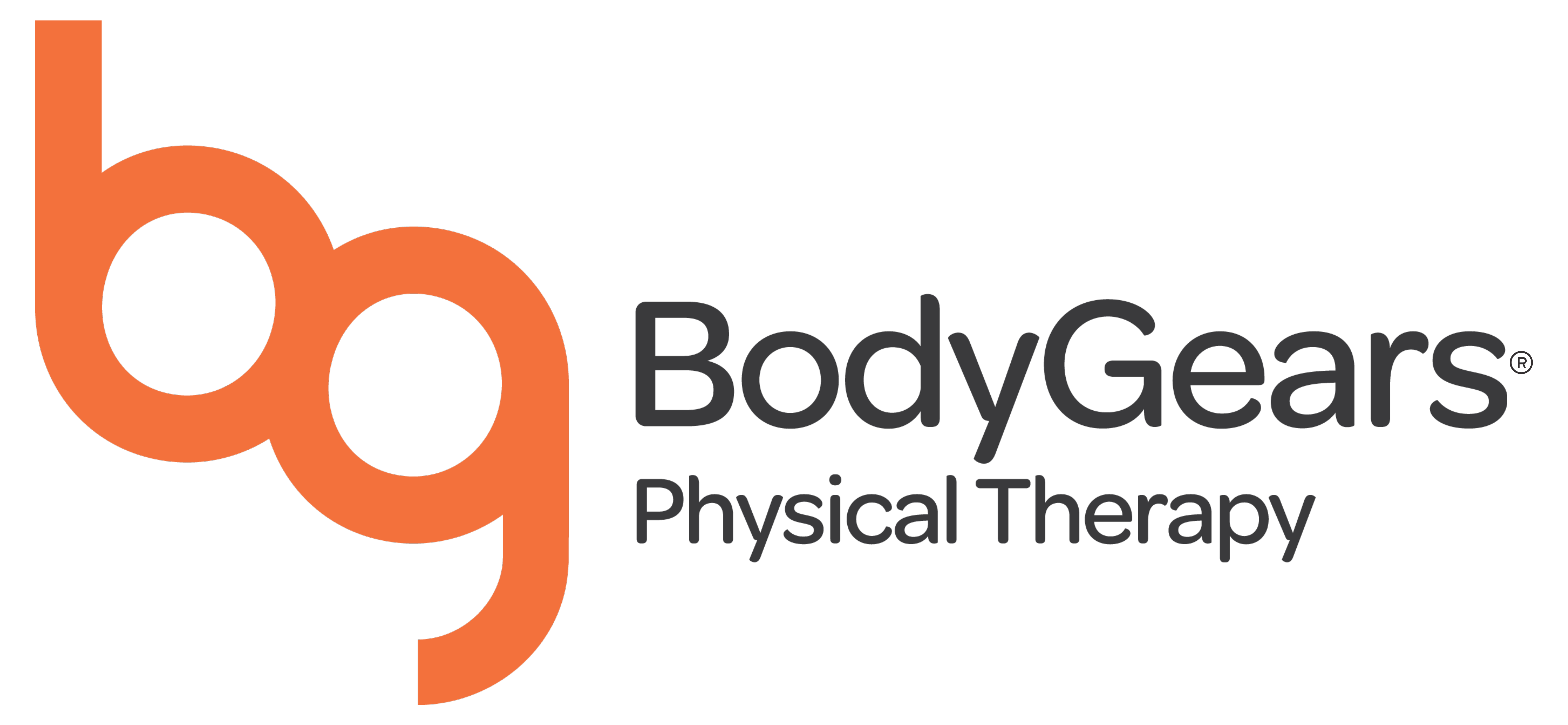Of the several distinct types of headaches — including tension, migraine, sinus, and cluster — the tension-type headache is the most common. Though stress can be a positive natural reaction to stimuli that keeps us safe, an excessive amount of stress can lead to tension headaches. That’s why learning how to handle emotional and physical stress can help reduce the severity and frequency of tension headaches.
If you’re concerned about your headaches, contact us — and read on, for some helpful tips about coping with tension headaches.
How the Body Reacts to Stress
When the “fight or flight” response is triggered by stressful stimuli, our bodies become flooded with protective hormones like adrenaline, which leads to a chain reaction of neck and scalp muscles contracting. For some, these physical reactions often result in either tension or migraine headaches.
Muscular overuse is another factor that can lead to tension headaches. Holding your neck or shoulder joints in an unnatural position for too long causes supporting muscles to go into spasm. In turn, the muscles could compress adjoining nerves and send impulses to your brain that result in headaches and sometimes a sore neck.
Working at a computer, bending over a work table, driving, or using your phone for prolonged periods are all frequent causes of tension headaches from physical sources.
Additional Causes
Along with muscle-bunching activities like desk work, here are a few other factors associated with tension headaches:
- Emotional stress
- Fatigue
- Excess alcohol
- Fluctuating caffeine levels
- Eye strain and glare
- Use of tobacco products
Dealing With a Tension Headache
Here are three common ways people effectively deal with tension headaches:
1) Do posture checks regularly to relieve your neck muscles — tense muscles in the neck region are often tension headache culprits.
- The further away you move from a neutral posture, the harder your muscles have to work to keep you there. That’s fine for a short period of time, but staying like that for hours on end can result in tense headache-inducing muscles.
- Your physical therapist can teach you stretches to relieve the muscle tension as well as postural corrections to prevent the muscle tension from occurring.
2) Practice relaxation techniques — not only useful for reducing tension headaches, but for preventing them as well.
- Whether it’s diaphragmatic 4-7-8 breathing, yoga or going for a walking on your lunch break, finding a way to de-stress is key to stopping tension headaches before they start.
3) Adjust your ergonomics — always try to adapt the task and environment to your body, not the other way around.
- Since the majority of your day is spent at work, your workstation setup can be a major tension headache trigger. Consider simple adjustments like ensuring the top of your monitor is at eye level and getting a hands-free headset for your telephone.
- Your physical therapist can teach you the specifics of chair set up in relation to your body type and the set up of anything else individual to your line of work.
If you’re experiencing headaches, especially ones becoming more frequent, severe, or atypical, seek immediate attention from your physical therapist. Tension headaches don’t require emergency care but they can still be extremely painful and majorly disruptive to your normal routine. Don’t continue suffering when we can give you the tools you need to manage your tension headaches. Schedule your free screen today and find out where your unique headache management plan can take you.
Written by: Dr. Julia Melanson, PT, DPT
Edited by: April Oury, PT, MSPT, IOC, CFMT, FAAOMPT, Founder
As always, consult with your Licensed Physical Therapist for individualized advice. For those in Illinois, visit your PT immediately without a prescription or referral.
Give us a call at (877) 709-1090 for more information or fill out the contact us form and we will contact you.
Don’t forget to check out our Instagram, Facebook, and Podcasts for more great information and resources.
Copyright © 2018 by Body Gears Physical Therapy
All rights reserved. This blog or any portion thereof may not be reproduced or used in any manner whatsoever without the express written permission of the publisher except for the use of brief quotations in a review.






